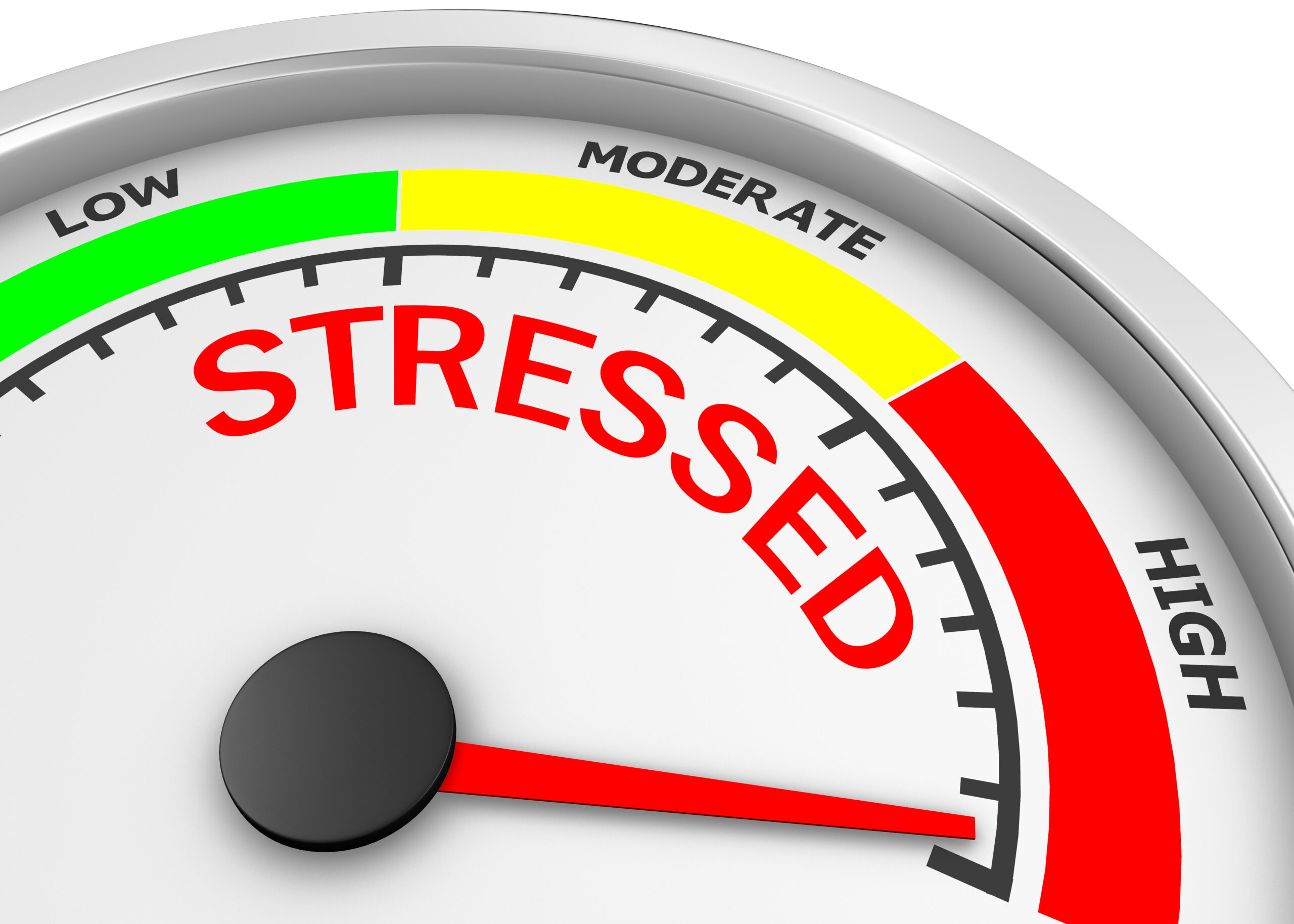Stress – And What to Do about It
We live in a busy world, with deadlines, demands on our attention, and lots of noise all around us. Coping with the pressure that all these demands and interruptions can cause can leave us feeling stressed – that is, distracted, somewhat agitated, or liable to erupt with irritation at things we have no control over.
Now, not all feelings of stress are bad for us; the stress of an important deadline can help us make that extra effort or relentless focus on the task at hand until it is completed. Stress that results from great worry, perhaps over a health scare or a financial difficulty, is normal as well.
Unrelieved stress, however, can build up over time. Whether it is stress that results from normal and understandable worry, or from the cumulative effect of many little things, we could all do better at finding ways to reduce it.
In my “Tuesday Tips” on several social media platforms, I’ve been listing small, no-cost stress reducers that have helped me many times over the years. I’ll list them here as well, and I’ll also add some longer-term (and still no-cost) suggestions.
This first list is of things that you can do in just a few minutes. None requires special clothes or equipment:
- Take a walk. You can do this anywhere, and at almost any time of the day. On your break at work? Instead of having a snack, or staring at your phone, take a walk around the office building (if you can’t get outside) or around the block.
- Take a personal time out and do some deep breathing. Close your eyes and inhale to the count of 4, then exhale to the count of four. Try not to think about anything but counting your breaths in and out. Do that several times over, and I promise you will find it easier each time you do it. You’ll feel the muscles in your shoulders and neck relax, and you’ll feel refreshed.
- Count your blessings! I know this sounds like advice your grandmother gave you, and it works. Especially if you are taking calming, deep breaths but your mind still wants to think about other things, then focus it on the many good things – small as well as large – in your life.
- Do something nice, and unexpected, for another person. Pay for the coffee of the person behind you in line at the coffee shop, or pick up litter in your neighborhood, or drop off a bag of pet food or litter at an animal shelter. Brighten someone else’s day, and it will brighten yours.
- Daydream a little. Imagine a favorite place or thing you’ve done in the past, then close your eyes and take a (mental) walk through the experience. Or imagine yourself on a trip that you hope to take one day, and enjoy the anticipation of it.
Some longer-term, but no less effective or important, suggestions:
- Think about what you eat and drink, and make sure you are getting a well-balanced diet – plenty of fruits, vegetables, and grains, plenty of water, and good lean proteins. I’ve been surprised at how much better I feel when I pay attention to what I eat and avoid too much caffeine and sweets.
- Allow yourself to have a hobby. It doesn’t have to be time-consuming or expensive; it can be as simple as growing herbs in small pots on a windowsill, or deciding to visit state parks around you. Make a hobby of volunteering, and you’ll meet people who have similar interests as yours, which brings us to the next suggestion:
- Keep in touch with friends, both old and new. Don’t just send a text message; call them or get together for a cup of (non-caffeinated) coffee. Renewing connections with another person, even if only for a few minutes, is both relaxing and affirming.
- Learn to pay attention to the things you say to yourself that make you feel more stressed. When we’re feeling stressed, we tend to say things to ourselves that make it worse: “I can’t cope with all these interruptions!” or “It’s not fair the way they pile things on me! I’ll never get my work done on time at this rate!” or “Why does it take so long to get one little thing accomplished? It’s like the world is against me!” When you find yourself stuck in loops of this kind of self-talk, learn to change your self-talk: “I’m tired of how long I have stood in line at the DMV, but so is everyone else around me. I’ll just assume they are doing their best, and I’ll smile at the next person I see.”
If you’ll try some of these ideas, or others that occur to you, you’ll find that you will teach yourself to reduce the bad effects of stress when they interfere with you. I’d love to hear of other ideas you may have that have worked for you.

